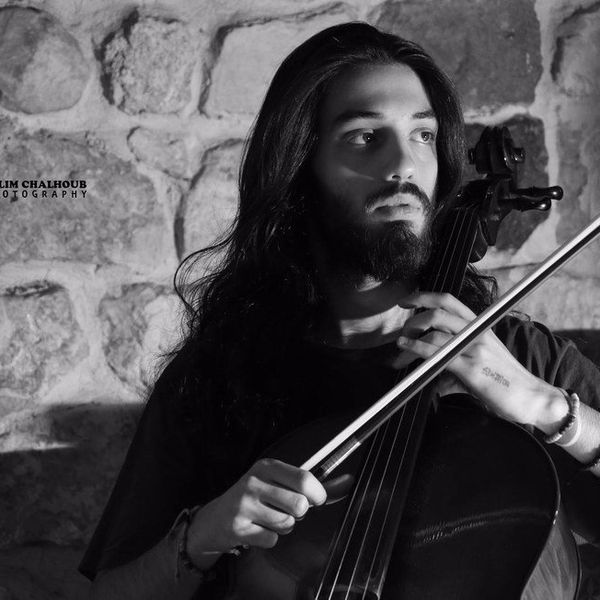Recently, Secretary of State John Kerry failed to bring the State of Palestine and Israel any closer to agreeing on a two-state solution. Kerry stated that such an agreement is, “the only way to achieve peace between Israelis and Palestinians.” Kerry’s use of ‘peace’ feels ironic with the decades-long conflict still going strong.
The territorial conflict between Israeli and the State of Palestine has lasted for generations. The two-state solution, a proposition designed to reach a fair and peaceful agreement between the nations, has failed to resolve the volatile nature in the regions.
Currently, Israeli Forces occupy disputed land that Palestinian people call home. People in this region grew up in a hostile, military-occupied country where violence is as common as a rainy day. This prompted me to ask this question: Is peace truly possible for the average Palestinian?
A 2005 study, following nearly 1,000 children, ages 10-19, exposed the volatile nature of growing up in the overlapped land. More than 80 percent of the interviewees barred witness to shootings, fighting, or explosions; two-thirds of the children watched strangers, neighbors, and friends injured or executed; and nearly every child in the study had seen a funeral.
In addition to witnessing these traumatic events, many of these children were directly affected by the violence. Over a third of the children had been exposed to tear gas, nearly 20 percent had their homes damaged, and a range of 2-4 percent stated that they had been shot or experienced head injuries with blood loss.
Twelve years later, these children would now between the ages of 22-31. They are the adults dealing with the day in, day out oppression of heavily-armed Israeli forces. Their quality of life, from basic rights to access to safe drinking water, is dependent upon if Israelis allow certain sanctions.
The generations-long conflict has embedded an air of cynicism for the Palestinian people. The members of the “Millennial” generation have known an upbringing that has reinforced an innate distrust of authority. Those for fighting for peace in this hotly contested region need to know that peace cannot be forced upon citizens by a piece of paper. The Palestinian people need to be given concrete reasons to trust in authority figures.
While the rampant corruption and brutality have shaped a hostile nature, there are ways to combat cynicism. The ever wise Mr. Fred Rogers once said, “Look for the helpers. You will always find people who are helping”, and help is exactly what Palestinian people need right now. While it may not be wise to book a flight to the heart of conflict, there are several excellent organizations who aim to help people in need of support. Here are just a few organizations you can donate to, or possibly work with state-side.
Breaking the Silence
Comprised of a group of former IDF soldiers, BTS is dedicated to reporting on corruption and atrocities within the Occupied Territories to the Israeli public in hope to encourage daily discussion of the militia occupation among the Israeli citizens.
Adalah
The name of this organization is Arabic for ‘Justice’, and they live up to that name as advocacy agency focused on protecting and preserving the civil and legal rights of Palestinians living in the Occupied Territories.
The Euphrates Institute
This organization is dedicated to promoting peace in individuals, and aim to support those living in areas of conflict.
Just Vision
Through the use of creative media, and with bearing in cities like Ramallah, Jerusalem and New York, this organization works towards nonviolent means to create a strong foundation for Palestinian civil rights, self-respect, and safety.
Al-Haq
Based in Ramallah, this firm of Palestinian lawyers have been working with international rights groups to catalog human right infractions in occupied regions since 1979.
Whether or not a two-state solution is reached between Israelis and Palestinians, the toughest battle for peace may not be fought with ammunition, but rather with perspective. There are ways to support those in need to combat cynicism. The most vital tool in establishing peace may be based on the Palestinian people finding trust in a new, unproven system, free from institutional oppression, and with help, it may be possible to see this outcome in our lifetimes.





















